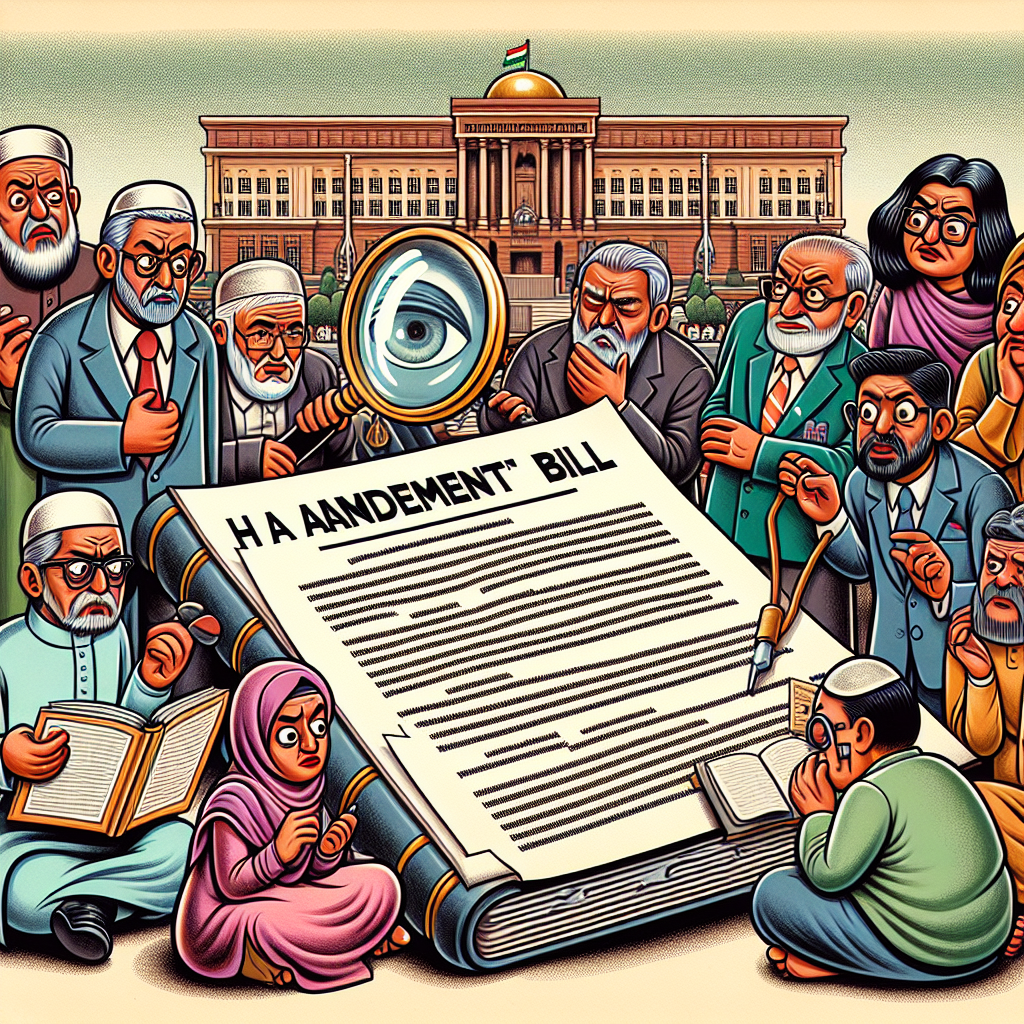Stakeholder Input Sought for Waqf (Amendment) Bill 2023
The Joint Committee of Parliament is seeking feedback on the Waqf (Amendment) Bill, aimed at reforming Waqf property registrations via a centralised portal. Public and expert suggestions are invited within 15 days. The Bill has introduced reforms including a Central Waqf Council and roles for Muslim women. Controversially, district collectors may classify Waqf properties.

- Country:
- India
The Joint Committee of Parliament scrutinising the Waqf (Amendment) Bill on Friday sought suggestions from stakeholders, experts, and other institutions on the proposed law.
The bill seeks to reform the registration process for Waqf properties through a centralised portal.
According to a statement issued by the Lok Sabha Secretariat, the committee led by BJP's Jagdambika Pal has asked for 'views/suggestions from the public in general and NGOs, experts, stakeholders and institutions in particular,' considering the 'wider implications' of the bill. People have been asked to share their suggestions in writing within the next 15 days.
The memoranda and suggestions submitted to the committee will be treated as 'confidential' and will form part of the Committee's records. Those desiring to appear before the committee, besides submitting views in writing, have been asked to specifically indicate so in their correspondence.
The Bill marks the first major initiative from the BJP-led NDA government aimed at reforming the registration process for Waqf properties through a centralised portal. It proposes several reforms, including establishing a Central Waqf Council alongside state Waqf Boards with representation for Muslim women and non-Muslim representatives.
One contentious provision of the Bill is the proposal to designate the district collector as the primary authority in determining whether a property is classified as Waqf or government land.
Introduced in the Lok Sabha on August 8, the Bill was referred to a joint committee of Parliament after a heated debate. While the government asserted that the proposed law did not intend to interfere with the functioning of mosques, the opposition called it a targeting of Muslims and an attack on the Constitution.
(With inputs from agencies.)










